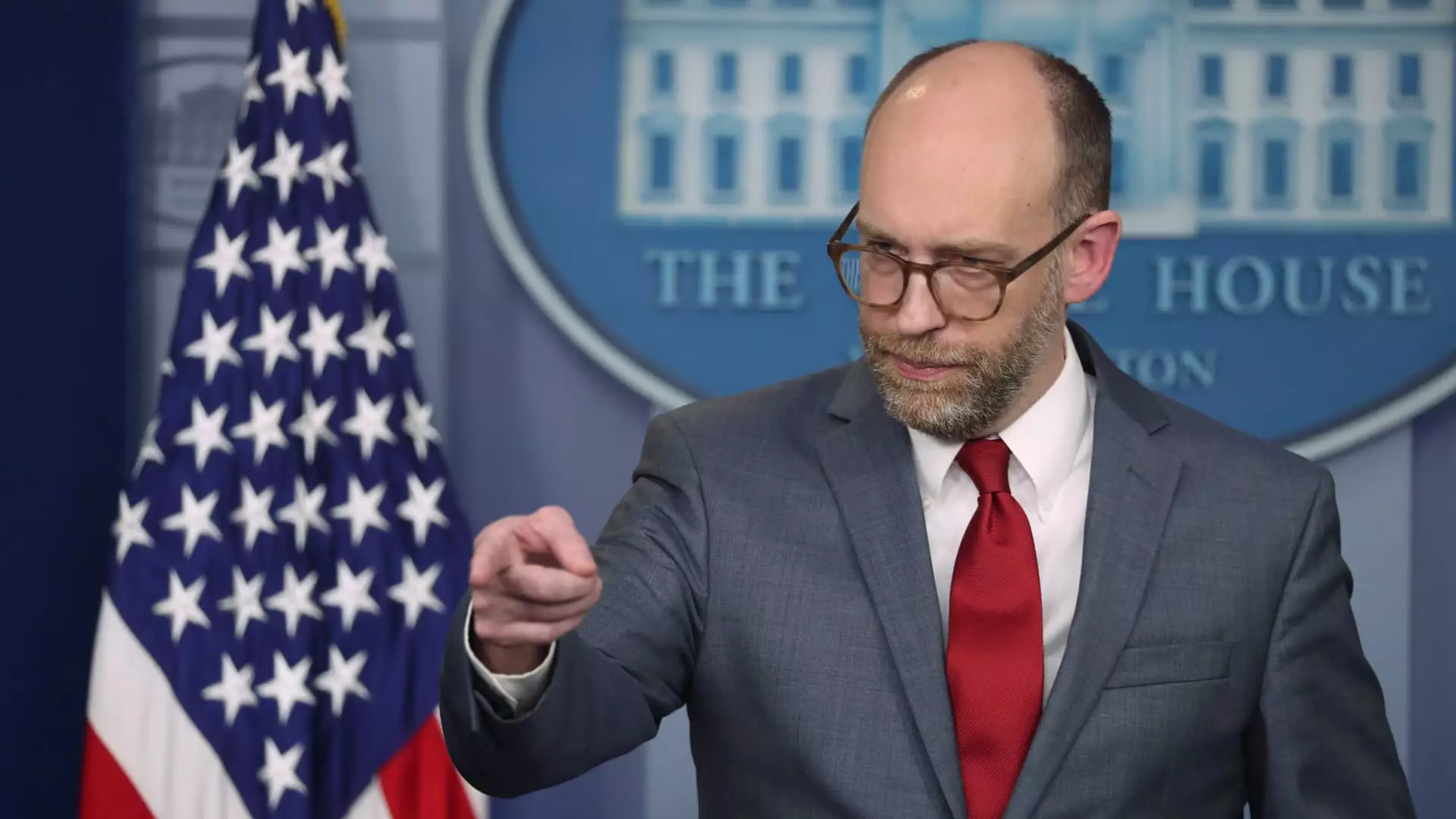The Consumer Financial Protection Bureau (CFPB), an agency established in the wake of the 2008 financial crisis to safeguard consumers from predatory lending practices, finds itself at a crossroads with recent developments that signal a troubling shift in its operational capacity. Following a memo from Acting CFPB director Russell Vought and a subsequent missive from Chief Operating Officer Adam Martinez, virtually all activities of the bureau have been suspended amidst executive decisions that could reshape the landscape of consumer financial protection.
CFPB employees were instructed to work remotely and brace for a two-week shutdown of their Washington, D.C., headquarters, prompting serious concerns about the agency’s future and the livelihoods of its workforce. Employees now face the prospect of administrative leave or, worst of all, layoffs—a reality that feels all too familiar given past political interventions in federal agencies. Vought’s guidance has effectively frozen the bureau’s capability to supervise financial firms and enforce consumer protections, raising alarms among advocates and industry stakeholders alike.
Compounding the agency’s troubles is the rumored infiltration of operatives linked to Elon Musk’s DOGE initiative, who reportedly have gained unauthorized access to confidential CFPB data, including sensitive staff performance evaluations. This raises significant ethical and privacy concerns about the integrity of both the agency and its personnel. Musk’s public criticism of the CFPB, coupled with posts such as “CFPB RIP”, intensifies scrutiny on whether the bureau can continue to operate free from outside influence. This situation harkens back to a period where political agendas seemed to overshadow consumer advocacy.
Vought’s arrival comes on the heels of what some observers characterize as a systematic dismantling of the CFPB’s power and purpose. The initiatives he announced not only halt funding flows to the bureau but also aim to undermine its regulatory authority by placing strict limits on what the agency can pursue. The implications of such actions could reverberate throughout the consumer financial landscape, particularly for those relying on the CFPB to protect them from abusive financial practices.
With approximately 1,700 employees, the CFPB’s capacity to fulfill its mission may be drastically diminished if mass layoffs occur. Only a fraction of those positions are legally mandated, presenting the possibility that many valuable staff members, equipped with the expertise necessary to uphold consumer protections, could be lost. This would weaken the agency’s enforcement capabilities, potentially leading to unchecked financial malpractice by banks and lenders that the bureau was designed to regulate.
Advocates for consumer rights worry about the erosion of hard-fought protections that the CFPB has championed over the years. Initiatives designed to regulate credit card interest rates, limit overdraft fees, and remove unpaid medical debt from the credit histories of millions of Americans are now at serious risk. Should the agency be dismantled or operate at a significantly reduced capacity, the financial well-being of countless consumers hangs in the balance.
The CFPB was formed as a direct response to the failures that led to the Great Recession, putting consumer protection at the forefront of regulatory oversight in the financial sector. Its ongoing battle with banking interests, who often argue against the agency’s regulatory authority through litigation or legislative challenges, signifies a longstanding tension between corporate profit motives and consumer welfare. As the CFPB faces existential threats today, it serves as a stark reminder of the fragile nature of consumer protections in the United States.
Given the ongoing turbulence, it remains to be seen whether Vought’s leadership will bring about a more effective or more detrimental era for the CFPB. Will this agency be able to reclaim its footing amidst political strife, or will its essential mission be sacrificed at the altar of partisan politics? The next few weeks will be critical in determining both the CFPB’s trajectory and the broader implications for consumer advocacy in the financial sector.


Leave a Reply